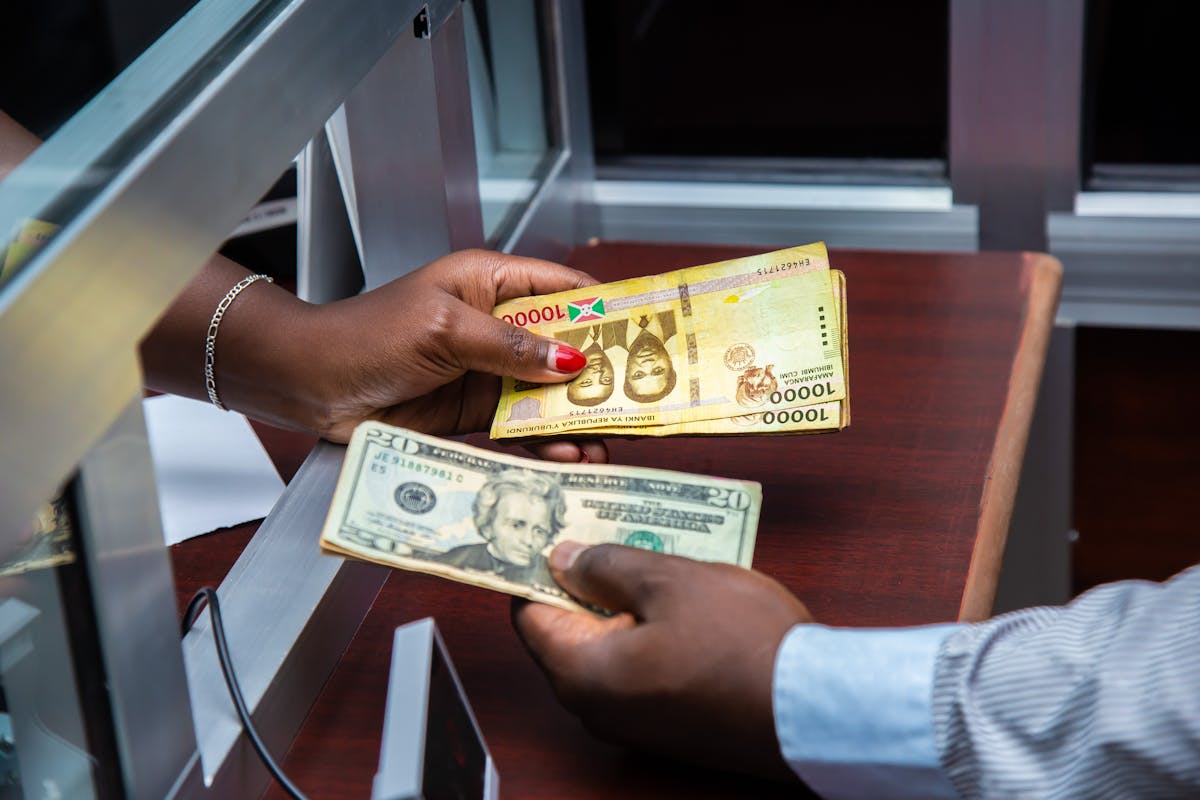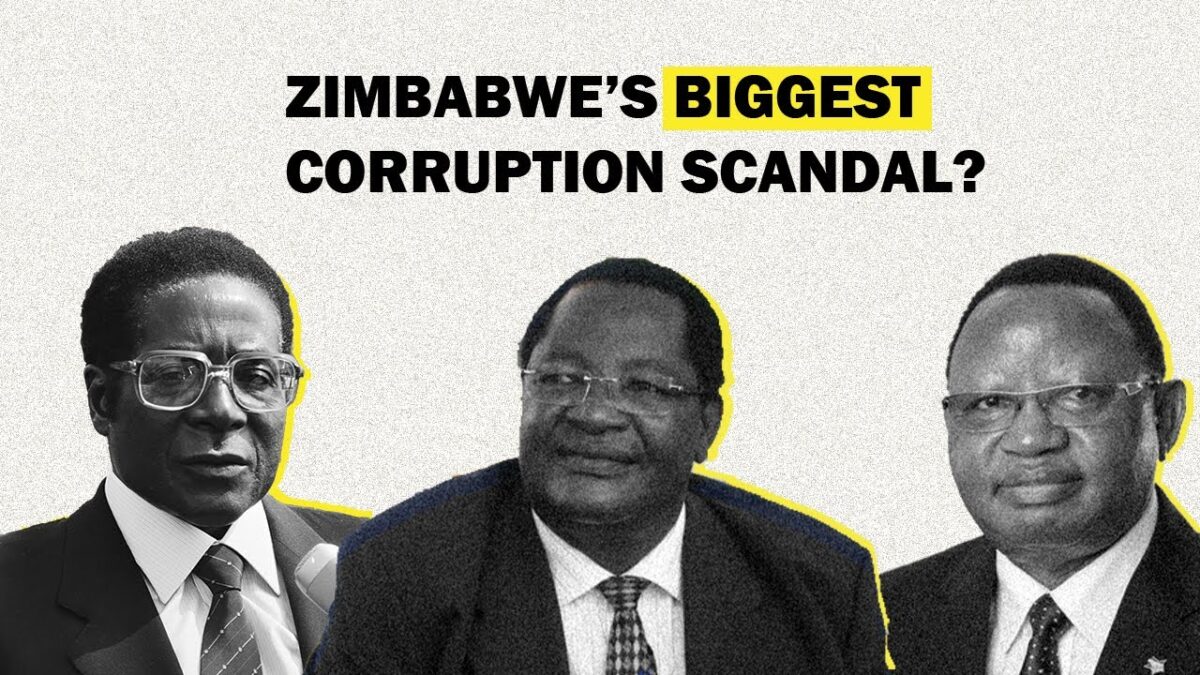
According to the United Nations, across North America and Europe, over 200 million people of African descent live outside the continent – soon more than a quarter of the world’s population – (and in the USA an estimated 47.2 million people identify as Black or African American) These diasporan communities send over US$100 billion in remittances annually back to Africa. Yet despite this enormous financial and human resource, Africa’s share of global investment remains tiny. In 2021, Africa accounted for just 5.4% of global FDI inflows, while its share of outward FDI stock has remained below 1% In other words, Africa lags in investing abroad even as its citizens and companies hold vast savings and expertise. Tapping that capital through outward foreign direct investment (OFDI) into stable markets like Canada and the U.S. is a strategic, underutilized path to diversification and growth.
What is OFDI?
Outward Foreign Direct Investment (OFDI) refers to a country’s businesses and investors acquiring or establishing significant ownership (generally at least 10% equity) in enterprises in foreign markets. In practice, OFDI flows (or outflows) measure cross-border investments by domestic entities that increase their stake in overseas operations. For example, a South African company building a factory in Canada, or a diaspora entrepreneur in Toronto buying into a Namibian mining firm, would count as OFDI from the home country. OFDI is the opposite side of inward FDI: it represents how much capital African residents are channeling into foreign economies. While the OECD and World Bank focus on inbound flows, tracking OFDI reveals how African firms expand globally and tap new markets.
Global outward foreign direct investment (OFDI) flows into North America come from a mix of major economies and emerging investors. China has become one of the largest global sources of OFDI, but its investment into North America has recently declined. In 2024, Chinese companies announced only about $7.1 billion in new investments in North America – just 7.7% of China’s total outbound FDI announcements that year. This marks a sharp drop from mid-2010s peaks, reflecting capital controls and heightened USA – China tensions. In contrast, Italy (a developed economy investor) maintains steady, if moderate, flows into North America. Italy’s worldwide OFDI flows were roughly $13 billion in 2023, and a significant share of Italian investment goes to the United States (e.g. in automotive and luxury goods), though exact North America-specific figures are not separately reported. Meanwhile, regional players like Mexico are also important: Mexican multinationals invested an estimated $6–7 billion abroad in 2023, much of it targeting the United States and Canada given Mexico’s economic integration within North America. Smaller emerging economies contribute modest amounts – for instance, the Philippines’ total outward FDI was about $3.9 billion in 2023, of which only a small fraction went into North America (primarily through private-sector acquisitions in the U.S.)
African outward investment remains small but growing on the world stage. In 2021, Africa’s OFDI flows hit a record high (around $14 billion, roughly 1% of global outflows) due to a few large corporate transactions. This surge was atypical – for example, a one-time reconfiguration in South Africa inflated the 2021 figures. By 2022–2023, African OFDI normalized at lower levels (just a few billion USD annually) as those one-off deals subsided. Intracontinental investment still dominates: about 75% of the value of African multinationals’ announced projects stays within Africa. This implies roughly 25% of African OFDI value ventures abroad to other regions. Developed markets (Europe and North America) are among the top destinations for that external portion, alongside emerging Asia. For instance, South African companies have made acquisitions in the U.S. and UK (in mining, brewing, retail, etc.), and African sovereign investment funds have deployed capital into Western equities and real estate.
That said, Africa’s total OFDI stock remains tiny relative to other regions. African firms expanding overseas face capital constraints and often target nearby countries or former colonial partners. The continent’s outward FDI flows accounted for only 3% of developing-country OFDI in 2022 and an even smaller share of global OFDI.Nonetheless, African investors are gradually pushing into developed markets – pursuing things like high-value brands, technology assets, and diversification of revenue. Notably, North America has seen interest from African companies – for example, Nigerian fintech and South African tech firms setting up in the USA, but such flows are nascent. The overall trend is a cautious rise in African OFDI globally, with any given year’s total heavily influenced by a few big deals. African governments, through initiatives and diaspora networks, are now actively encouraging more outward investment to tap into global markets (including developed economies). This is expected to slowly increase Africa’s OFDI presence in advanced markets over time.
Benefits of OFDI Participation
Companies and investors engaging in outward FDI do not only reap financial returns – they also gain strategic and intangible benefits. Outward FDI participants gain a multifaceted edge. Alongside revenue growth, they acquire knowledge, global connections, prestige, and influence that can reinforce their competitiveness back home. These qualitative benefits – from technology transfer to soft power – are increasingly recognized as core drivers for countries encouraging OFDI. As the data above show, nations engaging in outward investment, whether via private firms or state-led projects, are effectively investing in more than just foreign assets; they are investing in their own future capabilities and international standing.
Sources
UNCTAD, OECD, and national agencies; Rhodium Group analysis of Chinese OFDI cbm.rhg.com; en.wikipedia.orgen.wikipedia.orgen.wikipedia.org; UNCTAD World Investment Report 2022 (Africa section)unctad.orgunctad.org; UN ESCAP OFDI Toolkitofdi.unescap.org; Journal of Business Ethics study on FDI and influence link.springer.com.
Discover more from sbnn
Subscribe to get the latest posts sent to your email.








